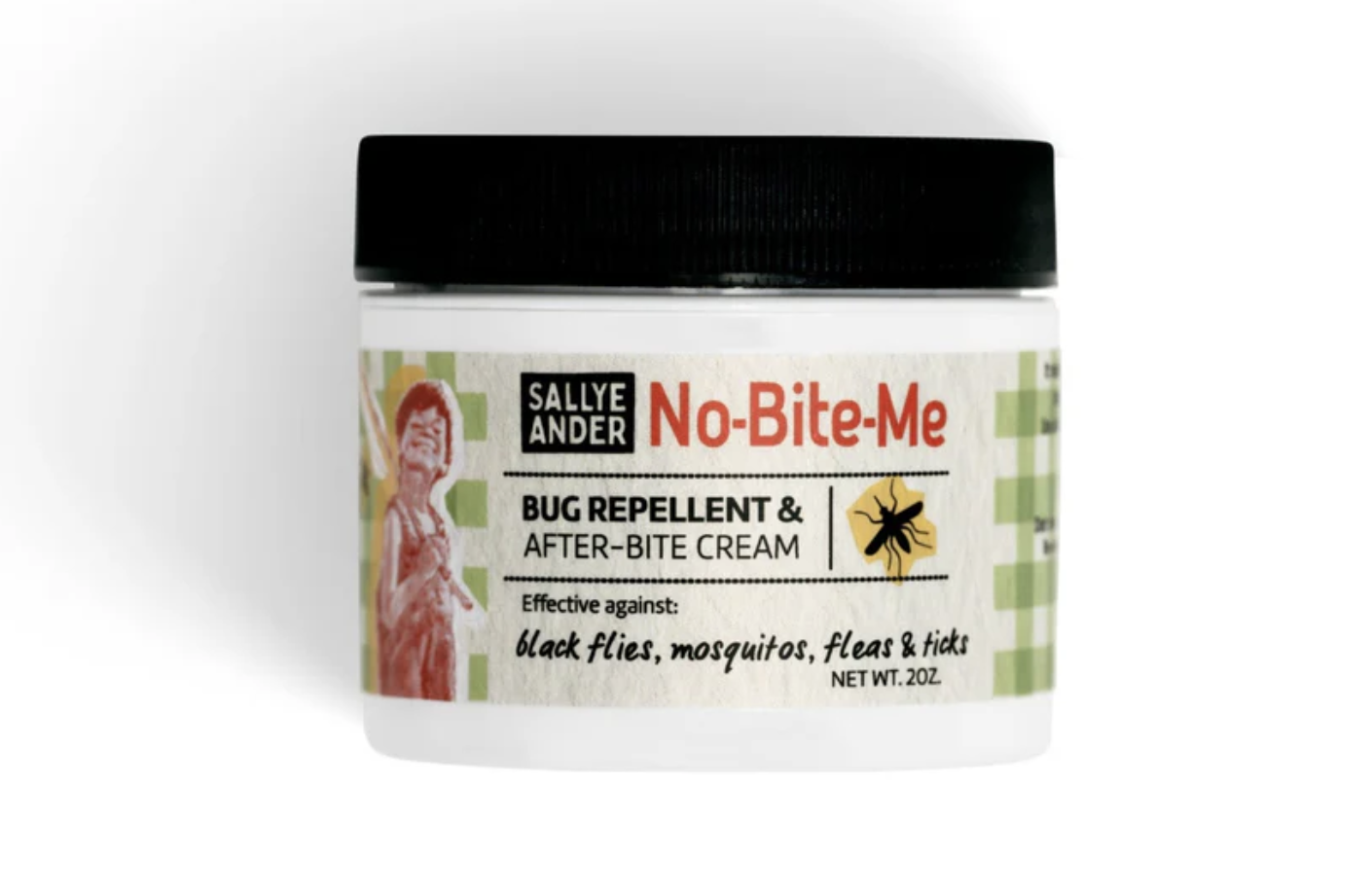
Ad Council: High School Equivalency
Since 2010, FinishYourDiploma.org has connected over two million people with free adult education classes to help them earn their high school equivalency.
December 2014: A federal judge granted final approval of the settlement agreement.
July 2014: In July 2014, a federal judge preliminarily approved a $6.1 million settlement to the class-action lawsuit filed against Cargill, Inc. According to the settlement terms, class members may receive either a cash refund or a voucher for Truvia® products. The value of the refund or voucher will depend on several factors, including the type and number of the Truvia® products purchased by the class member. The company also agreed to make changes to the product labels and website, including the addition of an explanation of the ingredients in the product. A final fairness hearing is scheduled for October 27, 2014.
This settlement resolves two lawsuits filed against the company. For more information about the other lawsuit, click here.
July 2013: A class-action lawsuit was filed against Cargill, Inc., the company that markets and sells Truvia® Natural Sweetener, over deceptive advertising allegations. The plaintiffs claim, among other things, that Cargill misrepresented that Truvia is a natural sweetener primarily made from the stevia plant when, in reality, Truvia is predominantly made up of a synthetic ingredient with only a miniscule amount of Reb A (the stevia plant-derived ingredient), which itself is harshly chemically purified. (Howerton et al. v. Cargill, Inc., Case No. 13-cv-00336, D. Hi.)
For more information about other class-action lawsuits regarding Truvia® sweeteners and TINA.org’s coverage of the product, click here.
For more information about other class-action lawsuits filed against Cargill and TINA.org’s coverage of the company, click here.
Since 2010, FinishYourDiploma.org has connected over two million people with free adult education classes to help them earn their high school equivalency.
Aspiring entrepreneurs may want to think twice before signing up for this enticing offer.
Can you really escape the 9 to 5 with this money-making opportunity?
Can this product really protect against a mosquito-borne disease?
Can you really get paid to write reviews?



